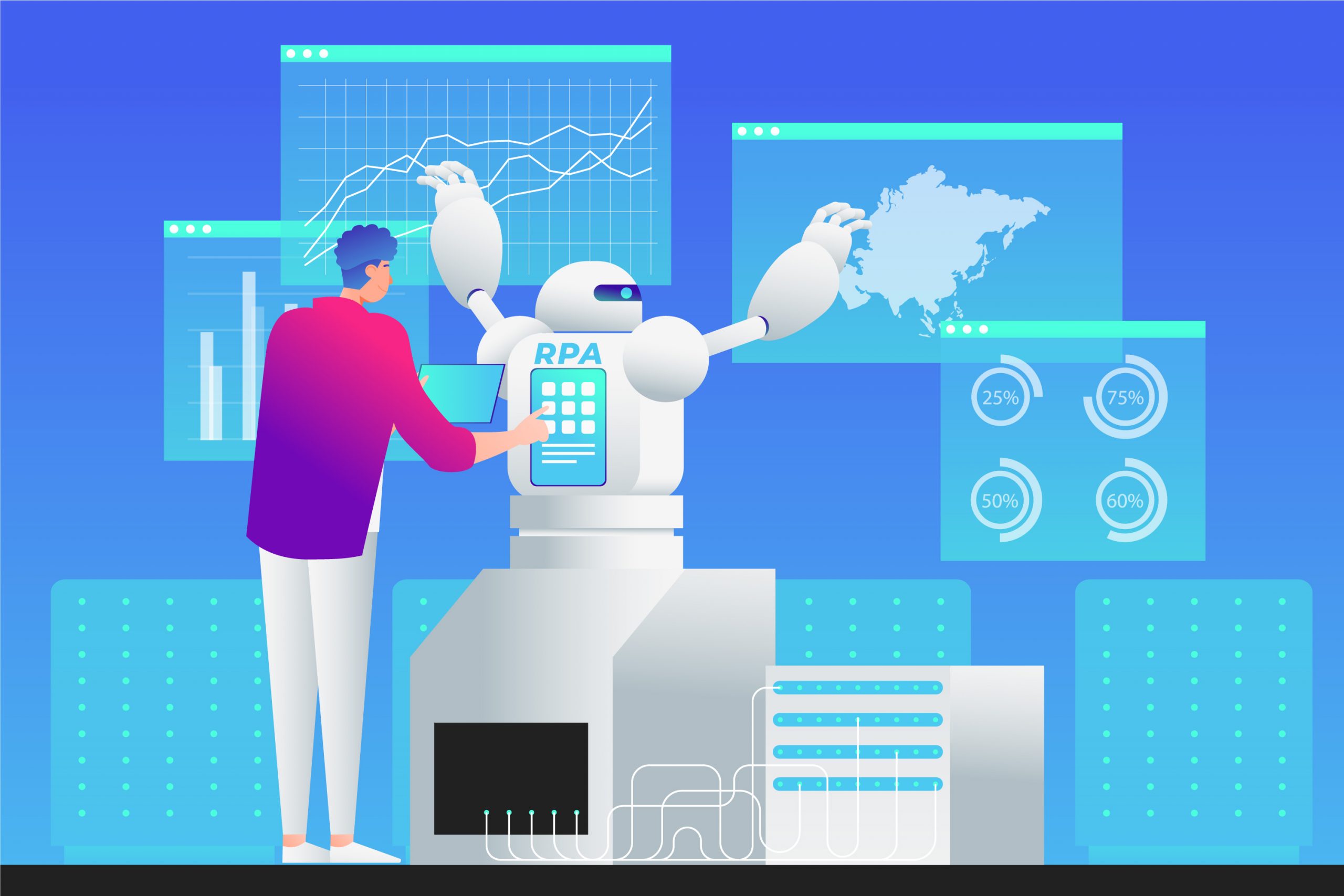Machine learning (ML) in property valuation has become a game-changer in the real estate industry, offering innovative ways to assess property values more accurately and efficiently. By leveraging vast amounts of data and sophisticated algorithms, machine learning can provide real-time property appraisals and valuable insights for investors, agents, and buyers. However, while this technology brings many advantages, there are also several challenges to consider.
1. Benefits of ML in Property Valuation
The use of ML in property valuation offers numerous benefits. First and foremost, it enhances accuracy by considering a broader range of factors such as location, property features, market trends, and historical data. Machine learning models can identify patterns and correlations that may be missed by traditional valuation methods. This leads to more precise property appraisals, minimizing human error and improving investment decisions.
2. Streamlining the Valuation Process with ML
One of the key advantages of machine learning in property valuation is its ability to streamline the valuation process. With automation, property appraisers can analyze large datasets in a fraction of the time it would take using traditional methods. This reduces operational costs and increases the speed of property assessments, benefiting both real estate professionals and clients alike.
3. Challenges of ML in Property Valuation
While machine learning in property valuation offers significant benefits, there are also challenges to address. One major issue is the quality and availability of data. Machine learning models require high-quality, comprehensive datasets to make accurate predictions. Incomplete or inaccurate data can result in incorrect property valuations. Additionally, there is the challenge of understanding and interpreting the “black box” nature of machine learning models, which can make it difficult to explain how a property’s value was determined.
4. Future of Machine Learning in Property Valuation
As machine learning in property valuation continues to evolve, future advancements are likely to address some of these challenges. Improved algorithms and better data integration are expected to enhance the accuracy and transparency of property valuations. As more real estate companies adopt these technologies, we may see a shift toward more standardized, automated property appraisals that benefit all stakeholders in the industry.
Conclusion
Machine learning in property valuation is revolutionizing the real estate industry by offering more accurate, efficient, and data-driven property assessments. While there are challenges to overcome, the future looks promising for the integration of this technology in property valuation. To learn more about how machine learning is shaping the real estate industry, visit Bedots.
Read more: Cloud vs. On-Premise: Choosing Real Estate Software Deployment



